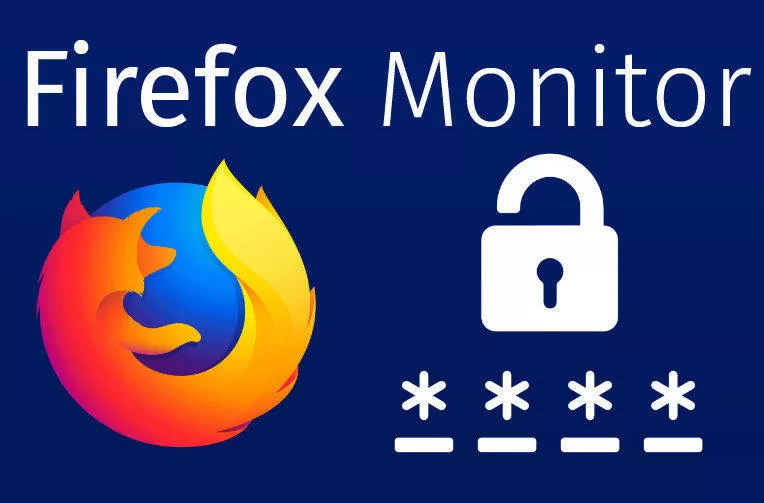

Learn more about our cookies and analytics, and how to opt-out.The data that powers Firefox Monitor is provided by Have I Been Pwned?.
#Firefox monitor full

When Mozilla receives information from you, our Mozilla Privacy Policy describes how we handle that information. It is your responsibility to protect your online accounts using strong and different passwords, security questions, two-factor authentication, password managers, and other safety measures.
#Firefox monitor update
If you become aware that your account credentials have been compromised, you should immediately update your passwords and any other credentials for those accounts, as well as other services using the same or similar account information. * Safety Tips: This sends you occasional online safety tips from Mozilla. * Breach Alerts: This notifies you if your email address appears in a new data breach. Full Report: This includes a complete list of publicly known hacks, including Sensitive Breaches. They exclude “Sensitive Breaches” (those including minors’ data or participants of adult and dating sites) in order to protect the privacy of those account holders. Basic Scan: These results display most publicly known breaches.

Using your email address, you can do a Basic Scan on our website or sign up to receive a Full Report, Breach Alerts, and Safety Tips. Because account credentials are often reused when registering for services, we think it’s important to know which accounts have been compromised in a publicly disclosed data breach. We strongly encourage people not to reuse passwords because-if any of those accounts are compromised-then hackers can access other accounts using the same account credentials. Introductionįirefox Monitor is a service provided by Mozilla to promote online safety. So, if you don’t want to use Firefox or Safari, at least make sure your Chrome is up-to-date.Firefox Monitor Terms & Privacy Version 1.0, effective Septem1.

Just visiting the wrong website (or visiting a site that has malicious code in a banner ad) is all it takes! This vulnerability is so bad, Google has fixed it without giving details about the exploit. A vulnerability exposed earlier in September lets an attacker take control of your computer by simply having specific code on the website – no user interaction required. PS: If you’re using Chrome, make sure to update it immediately. I recommend LastPass, but there are lots of good options out there. So while someone may get my password for one site (MyFitnessPal), they can’t leverage that password to get into my bank or my email. Even though these breaches are bad, having a password manager means that every site uses a different, long, and random password. This is another reason, by the way, why you should be using a password manager. While you’re at it, if you’ve been using Chrome, consider giving the Firefox browser a try.
#Firefox monitor for free
You can do this all for free (all you need is a Firefox account), by going to and signing up. You can enroll several email addresses and receive email notifications when they appear in new breaches, or keep track of how they have been exposed from a single dashboard. This is a great service (and one that you should try out on some of your email addresses), but trying to keep up-to-date on which of your email addresses has been breached would be a very time-consuming task: enter Firefox Monitor.įirefox Monitor hooks into the HaveIBeenPwned database but lets you monitor several email address and keep track of them in a single place. The website HaveIBeenPwned is a great resource that lets a visitor put in an email address and see whether or not that email address has been part of one of the publically-known breaches. If you’ve been on the internet for more than a few months, you’ve probably heard about a large number of data breaches that have been happening recently.


 0 kommentar(er)
0 kommentar(er)
